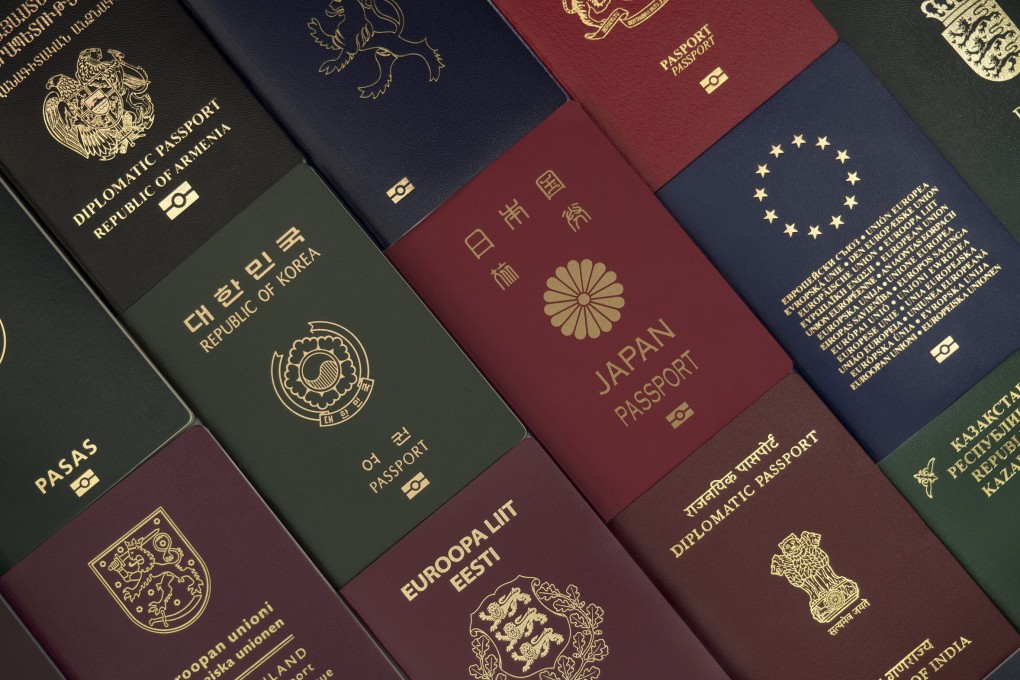Why disruption, not the national security law, is the main force pushing Hongkongers to leave
- Most international media will blame the surge in emigration inquiries on the national security law, but while that is natural it is also myopic
- People will leave not because of communism or a lack of unfettered democracy, but over never-ending disruption to lives, careers and their children’s future

Most international media will opt to blame the surge in emigration inquiries on the national security bill. That might be natural, but it would be myopic.
Remember that when Chinese University researchers asked why respondents wanted to emigrate, the largest number (28 per cent) complained not about communism or even the absence of democracy, but that there was “too much political dispute or social cleavage.”

05:50
What you should know about China's new national security law for Hong Kong
I am not just talking about attrition during the past 23 years. Back to the early 1950s flight through Hong Kong of Kuomintang supporters in the wake of Mao Zedong’s communist victory, there has never been a time when the possible need to flee has not been in the minds of many in Hong Kong.
